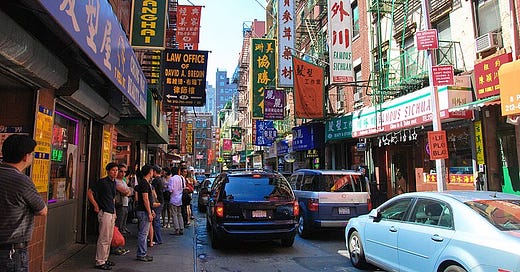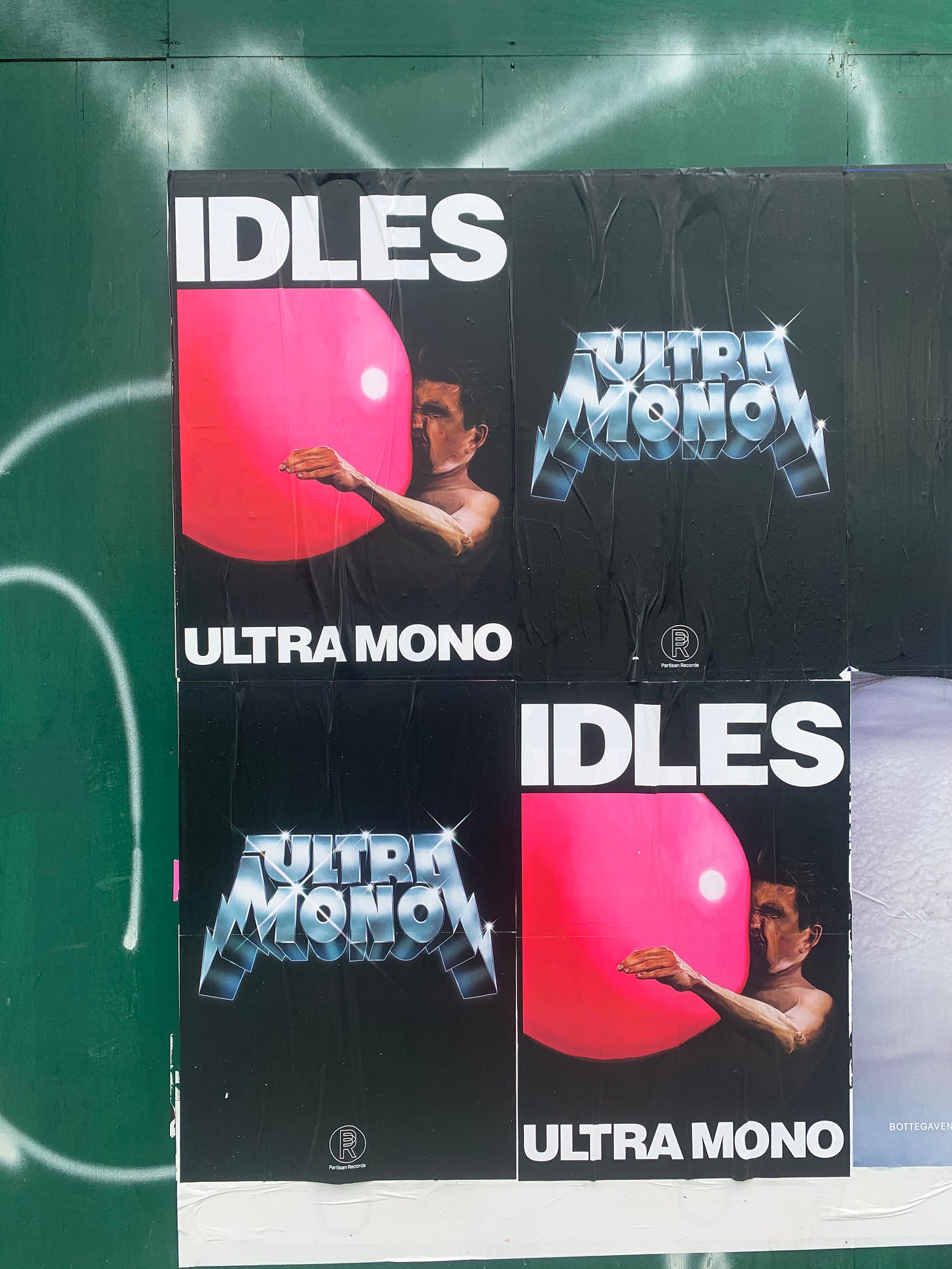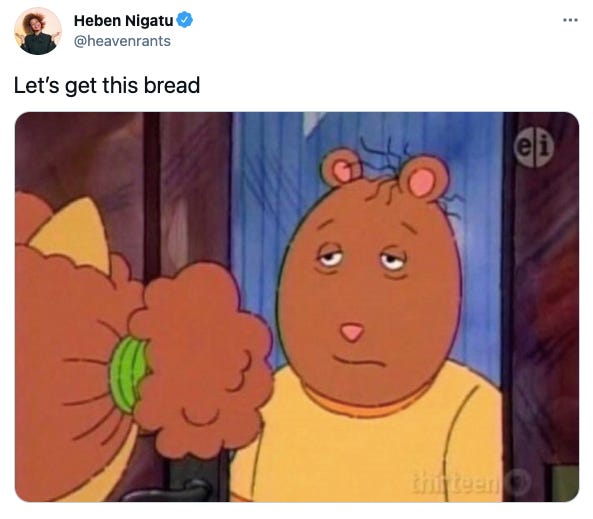Inside the life of a Chinese restaurant worker
The murder of eight people in Atlanta highlights a population that, for too many Americans, remains out of sight.
There are more than forty thousand Chinese restaurants across the country — nearly three times the number of McDonald’s outlets. There is one in Pinedale, Wyoming (population 2,043), and one in Old Forge, New York (population 756); Belle Vernon, Pennsylvania (population 1,085), has three. Most are family operations, staffed by immigrants who pass through for a few months at a time, living in houses and apartments that have been converted into makeshift dormitories. The restaurants, connected by Chinese-run bus companies to New York, Chicago, and San Francisco, make up an underground network—supported by employment agencies, immigrant hostels, and expensive asylum lawyers—that reaches back to villages and cities in China, which are being abandoned for an ideal of American life that is not quite real.
That's a brief snippet from an incredible New Yorker story from 2014 about the lives of Chinese-born food workers who spend years of their life in a kind of legal and economic limbo between the U.S. and China. The entire story is worth your time, particularly after the hate crime in which yet another racist misogynist murdered eight people in America.
Much of the story follows a 29-year-old cook named Rain, who left behind a life in rural China to work in lunch and dinner sports throughout Maryland. He spent tens of thousands of dollars to emigrate to the U.S. When he reached Manhattan, a new boss picked up him and drove him south down the Interstate 95. From there, it took four years to feel confident in cooking fried noodles and sautéed shrimp.
He harbors the vague suspicion that everyone around him is angling for more money, less work, or some other benefit at his expense. So, instead of conversation, Rain occupies himself with the math of a transient cook: the time it takes to clean the shrimp, the days before he can visit his girlfriend in New York, and the balance of his debts. At night, he lies on a cot in his boss’s otherwise empty living room, mulling the slow processing of his green card. During the day, if he’s feeling bold, he walks across the strip-mall parking lot to order lunch at Subway, pointing at the menu when he doesn’t know the English word for something.
Do yourself a favor and read the whole thing here.
behind the wheel of a self-driving car
Tesla might be on the verge of getting away with it, if it wasn’t for those meddling left turns.
recommended reading
The Cosmic Journey of Kacey Musgraces: What it’s like to do mushrooms and get in a fender-bender with the coolest singer in the world. [@AlexMorrisNY]
Nextdoor Is Quietly Replacing the Small-Town Paper: Browsing Nextdoor sometimes feels like trying to separate a stew of misinformation, community coronavirus warnings and questions about the best plumber to recommend. Community-minded news outlets used to do the same thing. [@WillOrmeus]
A Guide To Bristol’s Contemporary Post-Punk Scene: An English city of 450,000 people is the melting pot for trip-hop, art rock and a new kind of British punk, led by IDLES. [@benlynch07]
How the Ski Bum Was Made: "The untold story of why a generation of dreamers abandoned promising lives to deliver pizza and chase their wildest dreams." [@outsidemagazine]
one more thing
No More Normal is a semi-regular newsletter written by Jeff Stone. You can lend your support by subscribing, sharing with friends or suggesting ways to improve.







